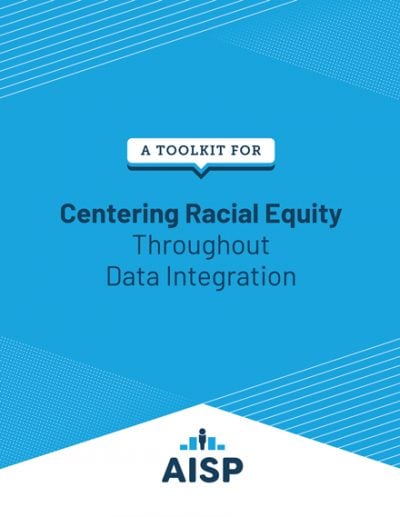| Search Facet |
Information |
Examples of Search Terms |
| Topic |
Consider broader, narrower, and related concepts. |
Silk Road, Asian trade routes, Eastern Silk Road, trade routes, Asian, Eastern, Dunhuang |
| Temporal |
Consider broader, narrower, and related concepts. |
archaeological, antiquities, historical, "old world," "Middle Ages," modern, 21st century |
| GIS |
Use multiple search terms and strategies to locate relevant sources. |
GIS, geographic, spatial, geospatial, geohistory, geohumanities, geodata, spatial humanities, digital humanities |
| Geography |
Use gazetteers to find authoritative and standardized place names, variant place names, broader and narrower place names. |
Appalachia, Appalachian mountain range, Alabama, Kentucky, New York, Allegany |
| Researchers |
The information you're looking for may be embedded within a book, article, or available directly from the researcher. Which names populate your search results? Consider searching for and using secondary sources, and contacting researchers directly. |
Karen Kemp, Michael F. Goodchild, Joseph J. Kerski |
| Organizations |
The information you're looking for may be embedded within a book, article, or available directly from an organization. Which organizations populate your search results? Consider searching for and using secondary sources, and contacting organizations directly. Organizations may be governmental, nonprofit, commercial, and research centers. |
United Nations, Stanford University Libraries, Esri, Australian Government Geoscience |
| Source Type |
Some search tools will allow you to limit search results to specific file types.However, data isn't always readily available and you may need to take extra steps to request data from a person or organization. |
map, data, data set, dataset, lidar or LAS (.las), raster, vector, shapefiles (.shp), TIFF (.tif), KML (.kml or .kmz) |


